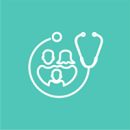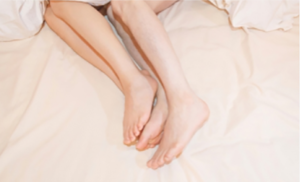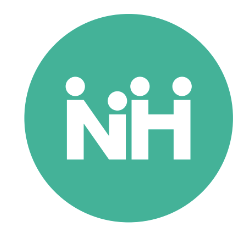- Home
- /
- Family Medicine
- /
- Prostatitis
Prostatitis

Prostatitis is inflammation of the prostate gland. It is a common condition that affects around 8% of the male population. It can be very painful in acute prostatitis and distressing in chronic prostatitis. In some patients, it can take years to get better, but most will get better eventually.

The prostate is a small gland that lies beneath the bladder. It produces prostate fluid that’s mixed with sperm to become semen.
Prostatitis can come on at any age. But usually between 30 and 50 but may affect boys in their teens.
There are 2 main types of prostatitis:
- chronic prostatitis – this is much more common and the symptoms come and go over several months or years in some cases;
- acute prostatitis – this is a rare condition where the symptoms are severe and come on suddenly; it is very painful, potentially life-threatening and requires immediate treatment
Prostatitis may be classified based on its cause:
- Bacterial prostatitis
- Non-bacterial prostatitis
- Prostate pain syndrome
Symptoms of prostatitis
Acute prostatitis
Symptoms of acute prostatitis include:
- pain, which often severe, it can be located in or around penis, testicles, anus, lower abdomen or lower back
- pain when urinate, urinating frequently, getting at night going to pass urine, problems starting or interrupted urine flow, an urgent feeling need to pass urine and, sometimes blood in urine
- unable to pass urine, which can be medical emergency by build-up of urine in the bladder known as acute urinary retention
- generally feeling unwell, with aches, pains and possibly a high temperature
- lower back pain and pain on ejaculation
Seek for medical attention immediately if you have these symptoms so that the cause can be investigated and starting treatment ASAP.
Chronic prostatitis
If the following symptoms persisted for more than 3 months, it becomes chronic prostatitis.
- pain in and around penis, testicles, anus, lower abdomen or lower back
- pain when urinating, frequent urination, particularly at night, or interrupted flow of urine
- an enlarged or tender prostate when having rectal examination
- sexual problems, such as erectile dysfunction, premature ejaculation, pain when ejaculating or pelvic pain after sex
These symptoms can have a significant impact on quality of life and psychological wellbeing. But in most cases, they’ll gradually improve over time with the right treatment.
Important to get the right medical advice
Finding the right medical advice and having the right tests are very important in overcoming prostatitis. To distinguish between bacterial and non-bacterial prostatitis is most important. Therefore, having accurate and reliable tests with the right samples are essential.
Examination of the prostate with rectal examination is important part of the assessment and prostate fluid obtained from prostate examination is very important in the investigation process.

Urine is usually used to test for infection, however, other samples such as semen or prostate fluid are often used for more accurate diagnosis. When infection is ruled out or treated, further investigations may be required to assess other conditions such as pelvic pain syndrome, irritable bladder etc. These may require ultrasound, CT scan or MRI scan.
It is very important to have the right diagnosis and treatment if there is urinary symptom. If you have symptoms or specific concerns, please contact us on +852 3160 4886 or email us neo@neohealth.com.hk.

Sex Therapy
Sex therapists address clients’ mental health issues and/or emotional concerns affecting their sexual function, drive and/or desire for intimacy. Often this means focusing on successfully re-establishing sexual intercourse, restoring intimacy, and enhancing communication with their partner.

Shockwave
Treatment Features:
- The latest technology in the treatment of erectile dysfunction
- Significant improvement that last for two years
- Almost no pain
- Non-invasive treatment
- No medication

